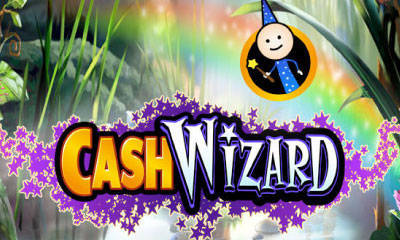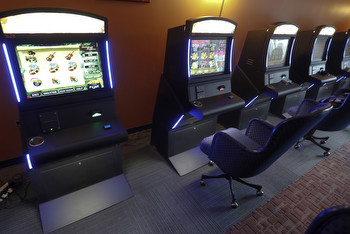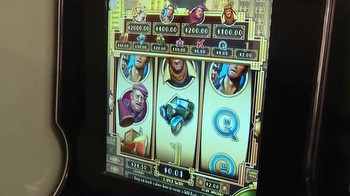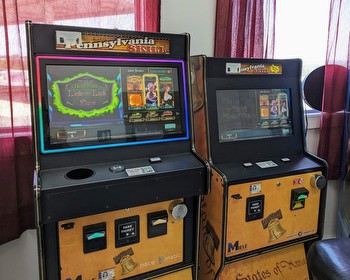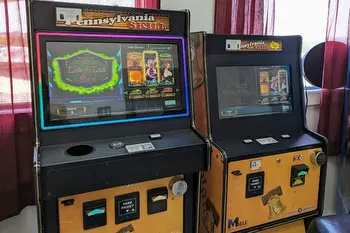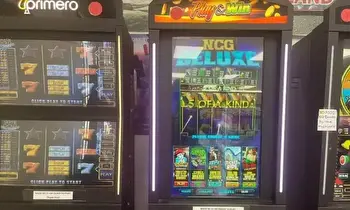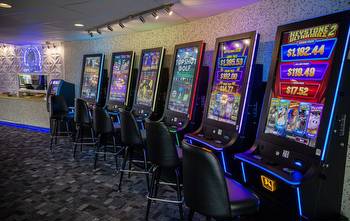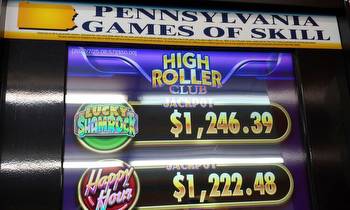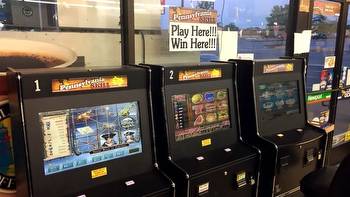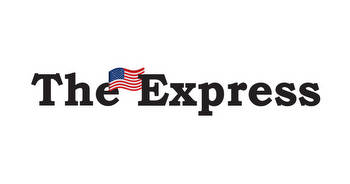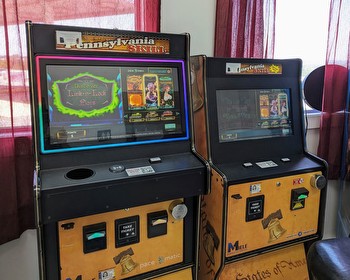'Skill' games are gambling; regulate them

Gambling is among the most heavily regulated and taxed businesses in Pennsylvania — except for the variety available at the local convenience store.
Electronic “skill games” look much like casino slot machines. But skill games require input beyond money — the answer to a trivia question, a quick-reaction challenge or some other “skill” — before determining a loss or win.
Betting on your “skill” is gambling. Yet, Pennsylvania does not tax or regulate skill games.
Pennsylvania has the nation’s highest tax rate on gross slot machine revenue — 54%. It taxes casino electronic table games at 34% and in-person table games, some of which require skill, at 16%.
The regulations also protect consumers by mandating minimum slots payouts and provide for regular inspections and more.
But Pennsylvania provides no consumer protection and collects no tax on noncasino skill games.
Law enforcement agencies long have considered use of the noncasino devices to be illegal gambling. But that question has been tied up in court for several years.
Pennsylvania is saturated with gambling and doesn’t necessarily need another expansion. But it makes little sense to tax and regulate electronic gambling in casinos and not to do so elsewhere.
Republican state Sen. Gene Yaw of Lycoming County plans to introduce a bill creating a regulatory and tax structure covering electronic skill games. He did not suggest a tax rate but noted that the number of machines statewide is somewhere between 20,000 and 70,000. A tax on all of that gambling, he said, should generate about $300 million a year.
Pennsylvania long ago went all-in on gambling. In 2022, according to the state Gaming Control Board, gamblers’ losses at table games, sports wagering and fantasy contests, internet gambling, slots and video gaming terminals totaled $5.21 billion, up from $4.73 billion in 2021. The state’s tax vigorish in 2022 was $2.21 billion, up from $1.93 billion in 2021.
If lawmakers don’t stop the gambling expansion inherent in the skill games, they at least should provide consumer protections against unscrupulous operators and give all Pennsylvanians a piece of the action with an appropriate tax.







